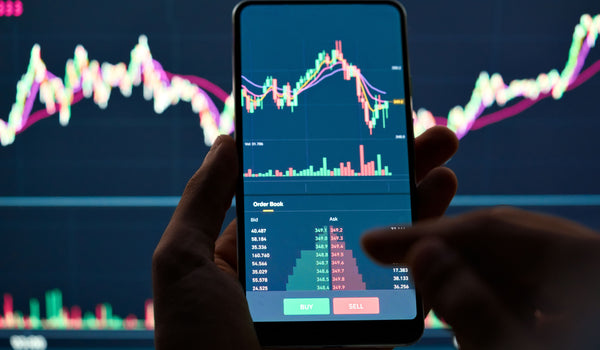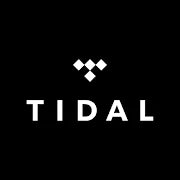

Investing as a beginner: How to invest as a beginner
Here it is! The exciting guide to investment for novices that you have been looking for your entire life and have been dreaming of finding. Your opinion on whether or not something is "thrilling" will be taken into consideration. When you understand the vast array of opportunities accessible to you through investing as a beginner and the options you can utilize to develop and grow your fortune, we are pretty convinced that you will become more enthusiastic.
It does not matter even if you have no experience whatsoever in investing. You can use the material included in this article, carefully compiled by the brilliant and experienced team at modephone, as a foundation for further study in the field. It is not a detailed guide to a particular investment. But it is rather a broad overview of various types of investment vehicles in which you may consider investing. Also, we will talk about the guidelines on how to begin making money through investing. In addition, it provides an overview of various investment vehicles you may consider supporting.
Moreover, we will go over some fundamental investing concepts for novices, which are general enough to apply to any investment. Acquiring this knowledge will greatly assist you in maximizing both the success and profitability of your financial endeavors.
Investing as a beginner: A few tips and tricks
1. Accounts with a high return on savings
One of the simplest methods to learn investing as a beginner is by increasing the return on your money beyond what you earn in a standard checking account and putting it into an investment account. Traditional savings accounts often pay lower interest on average than high-yield savings accounts. But they nevertheless give consumers regular access to the money in their accounts. We typically establish High-yield savings accounts through an online bank.
If you are putting money away for a buy in the next couple of years or just holding on to it in case of an emergency, this might be an excellent location to put your money.
2. Determine Your Objectives With Regards To Investments
In addition to this, you should identify your objectives for the investment. When you register a brokerage account with an online broker like Charles Schwab or Fidelity, they will ask you about your investment objectives.
If you are starting in your professional life, one of your investment objectives can be to build up the quantity of money that you have in your account. If you are an older person, you probably want to create money in addition to expanding and safeguarding your wealth.
Your investments goals could include:
- Purchasing a home.
- Putting money away for retirement.
- Paying for future education expenses.
Goals can shift over time. Make sure that you define them and examine them regularly. This will help you continue to keep your attention on accomplishing them.
Distribution of assets
Now that we've gotten that out of the way let's discuss what you should do with your alternative investment money, also known as the money you most likely won't need within the next five years. This is a notion referred to as asset allocation. And in this context, a few elements are at play. A significant component to consider is -
- your age
- the level of risk you are willing to take
- the goals you have for your investments.
Let's begin with your age, shall we? The widespread consensus is that as one gets older, stocks increasingly become a less ideal place to hold one's money. Therefore one should start avoiding them as early as possible. If you're youthful, you have years ahead of you to weather out any highs and lows in the market. But if you're elderly and dependent on the income from your investments, this is not the case.
Different stocks
Buying stocks in specific companies is one of the riskiest ways to invest. But it can also be among the most profitable. But even before you start trading, you should consider whether it makes sense to buy a stock. Ask yourself if you are making investments for the long term, which usually means at least five years, and if you understand the business you are looking to invest in. Stock prices change every moment of the trading day. Because of this, people who own individual stocks often get caught up in short-term trading.
But a share price is a piece of a real business. Over time, your wealth will grow along with the company you invested in. If you don't think you have the knowledge or guts to ride this out with individual securities, you might want to look into mutual funds or exchange-traded funds (ETFs) instead.
Create a new account for your investments.
If you don't have the means to buy stocks, it doesn't matter how much information you get about how to get started investing in stocks. It is because it won't help you very much. To accomplish this, you will want a particular kind of account known as a brokerage account.
Many financial institutions, including TD Ameritrade, E*Trade, and Charles Schwab, provide clients with the opportunity to open one of these accounts. And the procedure of opening a brokerage is often uncomplicated, taking no more than a few minutes to complete in its entirety. You can quickly fund your brokerage by sending a wire transfer, an electronic funds transfer, or a check through the mail.
The responsibility for opening a trading account is typically straightforward. But you should consider a few factors before settling on a specific broker.
When you are first starting, the concept of investing as a beginner can be somewhat scary. That's why you require a guide. Nonetheless, it is an essential component of accumulating wealth and saving money for various financial goals. Don't get too engrossed in whether or not the current market climate is the right time to start investing because you will meet many different market settings throughout your investing life.








